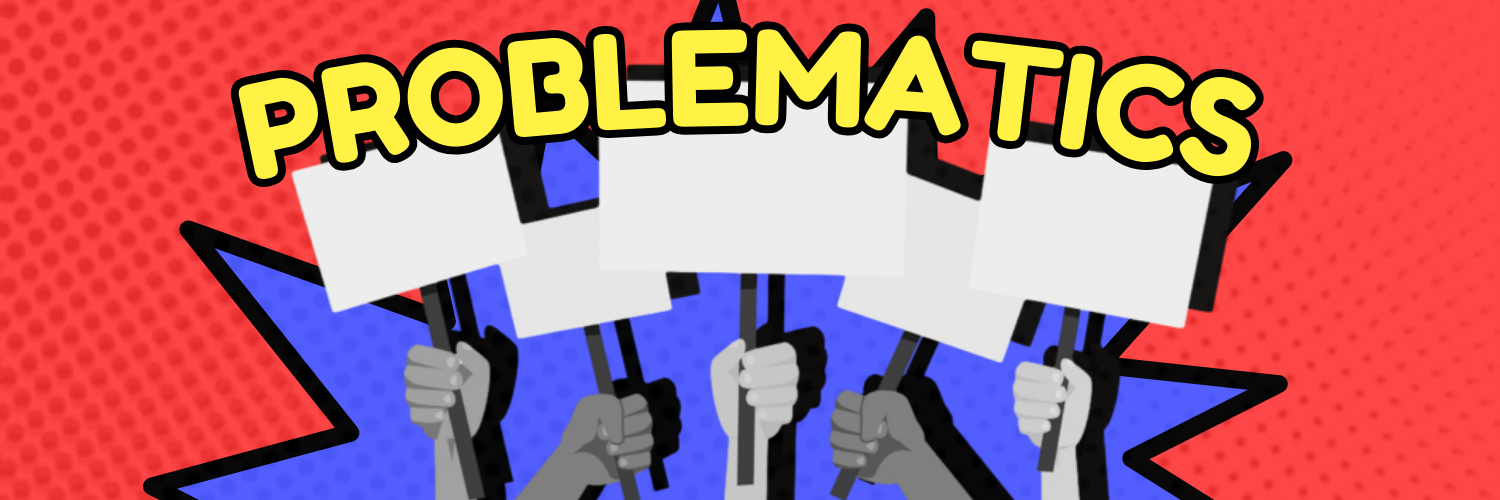TikTok: Bought, Banned, ‘Saved,’ then Sold
/Written By Matteo Calvano
Following years of uncertainty and a temporary ban in America earlier this year, TikTok is (partially) moving West following a trade deal brokered between investors and lawmakers, branching from China, the United States, the UAE, and Israel for a total sum of “$ 14 billion USD.” Although promoted as a win for the West, several groups argue that our information has only been sold from one spy network to another.
Originally released as Musical.ly in August 2014 by Shanghai developers Alex Zhu and Luyu Yang, the app was created for the simple goal of making lip-syncing videos of popular music. In under three years, Musical.ly Inc. would report over 200 million active users and open a new office in Santa Monica, California. Seeing this rapid growth, ByteDance, a leading Beijing developer, purchased Musical.ly for just under a billion dollars. Less than a year later, Musical.ly merged with ByteDance’s own social media service, Douyin, officially launching internationally as TikTok in September 2017
By January of the following year, TikTok had exploded in popularity, reaching over 2 billion users globally, with the United States hosting over 130 million alone; however, this popularity wasn’t gained without detractors. Following the passing of the despotic “National Intelligence Law of the People's Republic of China” in mid-2017, the law requires companies to share personal customer data with government bodies for national security. Critics of TikTok pointed to the authoritarian rule of the PRC, highlighting the question of whether foreign users’ data was also readily available.
By December of 2019, ByteDance’s theorized security risk resulted in the United States Army and Air Force banning any use of TikTok on government devices, highlighting the possibility of sensitive information leaking to the PRC. Unfortunately for the growing site bans launched by lone agencies escalated into 2020, with India, Pakistan, and the United States beginning to draft national bans. While some countries banned the site for similarly authoritarian reasons, the Republic of India pointed to growing clashes on the Chinese-Indian border, along with pre-existing security concerns, as reasons to block the site. By the year’s end, TikTok was banned from ever accessing over 1.6 billion people, and just barely managed to stay available in the US after filing a lawsuit against the Trump Administration.
With the conclusion of the 2020 election, TikTok needed new leadership, temporarily promoting a former Disney executive CEO before settling on the current lead, Shou Zi Chew. Inheriting the large task of fighting politicians who had already made up their minds, Chew faced additional controversies with TikTok caught breaking Google’s data collection policy, data leaks, and tracking foreign journalists.
Although receiving a reprieve by the Biden Administration, by December of 2022, President Biden signed the “No TikTok on Government Devices Act,” and less than a month later, Missouri Senator Josh Hawley began the push for a nationwide ban. Quickly, lawmakers sprang into action, drafting legislation forbidding personal data from being sold to foreign companies and authorizing direct government supervision over tech companies. Chew was once again brought to the US House of Representatives for testimony.
Although starting on a good footing, the US only managed to stumble its way through. During his testimony, Chew, a Singaporean, was questioned on his national identity. This spectacle culminated in the infamous clip where Senator Tom Cotton effectively accuses Chew of secretly being Chinese. Following several months of testimony, and Chew being accused of perjury, neither side budged.
On October 7th, Hamas, a Palestinian militant terror group, as well as other small groups, launched a military incursion in the Gaza Strip and into Israel’s Southern District. Following the attacks, the killing of civilians, and the kidnapping of hundreds, the Israeli government, led by Prime Minister Benjamin Netanyahu, launched a military invasion and bombing campaign in Gaza. Although praised by mainstream media sources and politicians, the public didn’t buy it.
Public outcry against Israel broke into the mainstream, as independent groups used social media to call out war crimes committed by the Israeli Defence Forces. Israeli lobby groups and the politicians they pay, launched a new effort to censor anti-Israel groups. TikTok would be banned if it didn’t comply. Although signed into law, the Biden Administration handed the responsibility of enforcement to the reelected Trump Administration.
Facing bans, tariffs, and even a temporary ban at the start of the year, members of TikTok, PRC, the Trump Admin, and several tech companies have entered the negotiation room to discuss the site’s fate.



